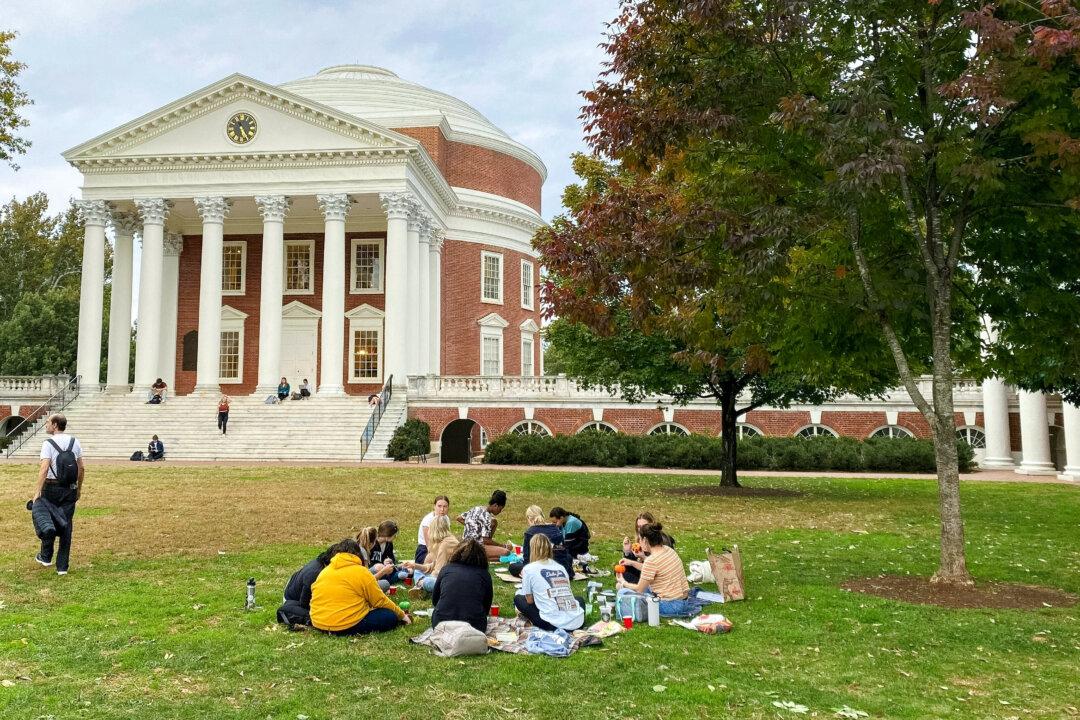Virginia became the second state to ban legacy admissions at public colleges after Republican Gov. Glenn Youngkin signed a measure on March 8 that had cleared the state legislature unanimously this year.
“No public institution of higher education shall provide any manner of preferential treatment in the admissions decision to any student applicant on the basis of such student’s legacy status or such student’s familial relationship to any donor to such institution,” the bill reads.





